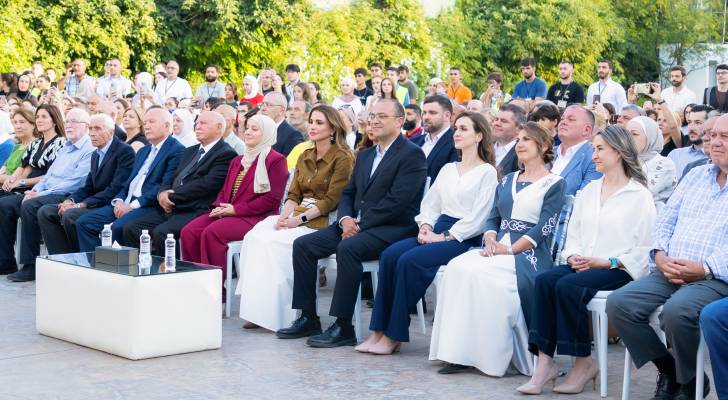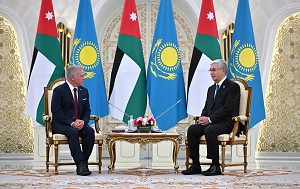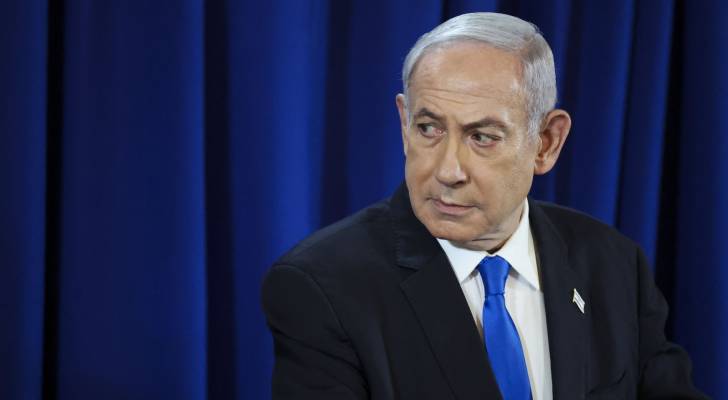Going Back to Israeli Public Opinion... - By Hazem Saghieh, Asharq Al-Awsat
Only a few of Yasser Arafat’s ideas were sound. One example of these rare beneficial convictions is that winning over a substantial segment of the Israeli public opinion was crucial. Although the current state of affairs does not help us make it, this claim deserves to be reaffirmed once, twice, and even twenty times.
Given the disparity between their military capacities and those of the Jewish state, as well as the nature of the latter's society and its relations with influential Western powers (especially the United States), the Palestinians cannot achieve any of their goals without successfully appealing to the Israeli public - or to a substantial segment of it. The fact that the end of “liberation from abroad,” which showed itself to be an unviable and bloody endeavor - first in Jordan (in 1970) and then in Lebanon (in 1975) - pushes in the same direction.
In fairness, this Arafatist vision turned the Palestine Liberation Organization (PLO) into a target and led to the assassination of leading PLO figures, such as Said Hamami, Izzedine Kalak, and Issam Sartawi. The opponents of peace, in Baathist Damascus and Baghdad, as well as in Khomeini's Tehran and Gaddafi's Tripoli, fought the PLO because they had a different vision: a war of existence, not borders; a war of all against all, yesterday, today, and every day. As we are well aware, these opponents of his, with help from their frenemies in Israel, succeeded in their effort to sabotage the Oslo peace process that Arafat's vision had created.
Since the October 7 attack and the war it precipitated, things have taken a drastic turn for the worse. One of the most notable repercussions is that the Israeli public has ruled out any and every political engagement with Palestinians, whose horrific suffering no longer resonates with Israeli society on a human and moral level. Accordingly, one of this attack’s "virtues" is that it turned the war of all against all into reality that has been manifested in the strong mercilessly gnawing at the weak.
However, the burning question that the Palestinians cannot afford to postpone or ignore remains: How can we get Israeli public opinion to look like it did in the early 1990s, especially since the imbalance of power has reached astronomical levels since then?
Today, one gets a sense that the notion of addressing this public, and aspiring to change its opinion, has been revalorized. This inclination, however, remains timid and hesitant, and its hesitance and timidity has been magnified by the Israeli army’s perpetuation of its genocide of Gaza and its displacement of the Strip's population or the recent project to divide the West Bank, to say nothing about Netanyahu flirting with the slogan "Greater Israel."
It is crucial to build on the moral defeats that the Jewish state has suffered and continues to suffer as it sweeps from one military victory to another. Every day, larger numbers of Israelis come to the view that the course taken by Benjamin Netanyahu and his coalition is turning Israel into a repugnant country and a sick society that is becoming less safe and increasingly isolated, the more brutal its actions become and the more victories its army accumulates.
In this sense, there seems to be an urgent need for efforts to bridge the gap between the resonance of this injustice among the global public and the Israeli public's (non) response to the world's reactions and its failures to link them to its declining moral conditions and ethical standing. As for investing in this effort and pushing in this direction, it will naturally need time and patience, as well as initiatives on both fronts of the conflict that defy convention and challenge the mainstream.
It is here that the need for a program that reassures both sides of the conflict emerges: the protests against Netanyahu and his government are concerned with the hostages held by Hamas, and they continue to orbit a planet with almost no link to the pursuit of ending the death in Gaza because it is a noble goal in itself, to say nothing about the right of the Palestinians, like all the other peoples of the world, to a state.
On the other side, just as the slogan of "liberating Palestine" had previously been abandoned in favor of "erasing the repercussions of aggression," there is a need to discard the rest of the arsenal of ideological slogans (eliminating Israel, from the river to the sea, Palestine will be an Islamic Waqf, etc...), and for open, broad, and radical criticism of the October 7 attack. Both have become necessary prerequisites for the transition politics and for addressing Israeli public opinion.
Two weeks ago, Avraham Burg, a former chairman of the Jewish Agency and the World Zionist Organization, and former Knesset Speaker, called on the world's Jews to "rebel" and engage in "moral resistance," accusing his state of committing crimes against humanity in Gaza. He called on one million of them, less than a tenth of the world's Jewish population, to sue the Jewish state at the International Court of Justice in The Hague. "We will not allow the State of Israel, which systematically inflicts violence on a civilian population, to speak in our name, and we will not allow Judaism to be used as a cover for crimes."
True, there is no reason to get carried away and expect such positions to have an immediate impact, which would be akin to assuming that a single swallow makes the spring season. However, it is certainly possible to broaden this phenomenon and impel other figures to follow Burg’s example, especially if an equivalent emerges on the other side and a Palestinian with Burg's moral authority voices opposition to thuggish actions as eloquently and unequivocally as he did.




